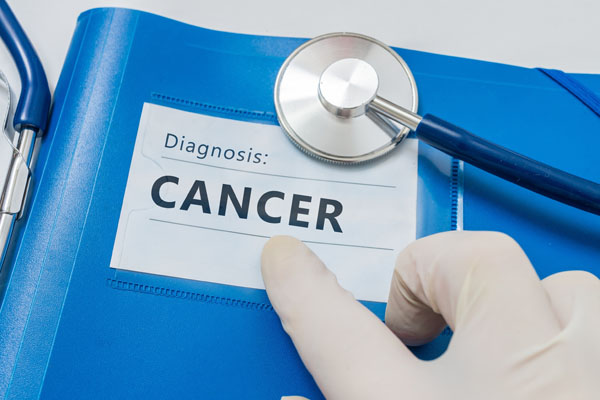Thanks to government screening initiatives, over 2,000 cases of cervical cancer and more than 200 cases of prostate cancer were identified last year. This information was revealed by President Dr. Irfaan Ali during a live broadcast on Thursday. He highlighted that a total of 13,688 men underwent Prostate Specific Antigen (PSA) tests in 2024, with 536 requiring biopsies. Among those biopsies, 38% returned positive results for cancer.
On the other hand, approximately 12,000 women aged 21 to 65 received screenings for cervical cancer, with 17% of those tested returning positive results. President Ali emphasized that these screening programs are part of the government’s commitment to developing a world-class healthcare system. He mentioned that these initiatives allow the government to adopt a more data-driven strategy for investments in the health sector.
Addressing the issue of cervical cancer, the President urged more individuals to participate in testing. “This is a cancer that can be effectively treated with early detection,” he stated. “We have made investments to provide every woman with the chance for early detection and access to vaccines that can prevent the disease.”
In a recent press release, the Presidential Commission on the Prevention and Control of Non-Communicable Diseases (NCDs) reported a notable increase in cancer services at the Georgetown Public Hospital Corporation (GPHC), with an average of over 50 new patients each month. By the end of 2024, the GPHC had 500 patients undergoing active chemotherapy, alongside a range of treatments, medications, and psycho-social support services.
To combat this disease at an early age, the Ministry of Health is also administering HPV vaccines to young females. President Ali remarked that reducing the prevalence of NCDs will lead to lower public health expenditures in the long run. He noted ongoing collaboration with Mount Sinai to implement additional relevant tests, ensuring that public health spending aligns with current statistics. “Our goal is to cultivate a healthy population,” the President affirmed.
He outlined several initiatives aimed at achieving this objective, including the introduction of eye care vouchers, the construction of 25 new health centers, the digitization of the healthcare system, the establishment of telemedicine sites in remote areas, improvements in emergency and diagnostic healthcare through the construction of new centers nationwide, and the training of more healthcare professionals.
Furthermore, in the 2025 National Budget, the government introduced a $10,000 Universal Healthcare voucher for citizens, designed to cover basic medical tests and help establish baseline health data on NCDs.


